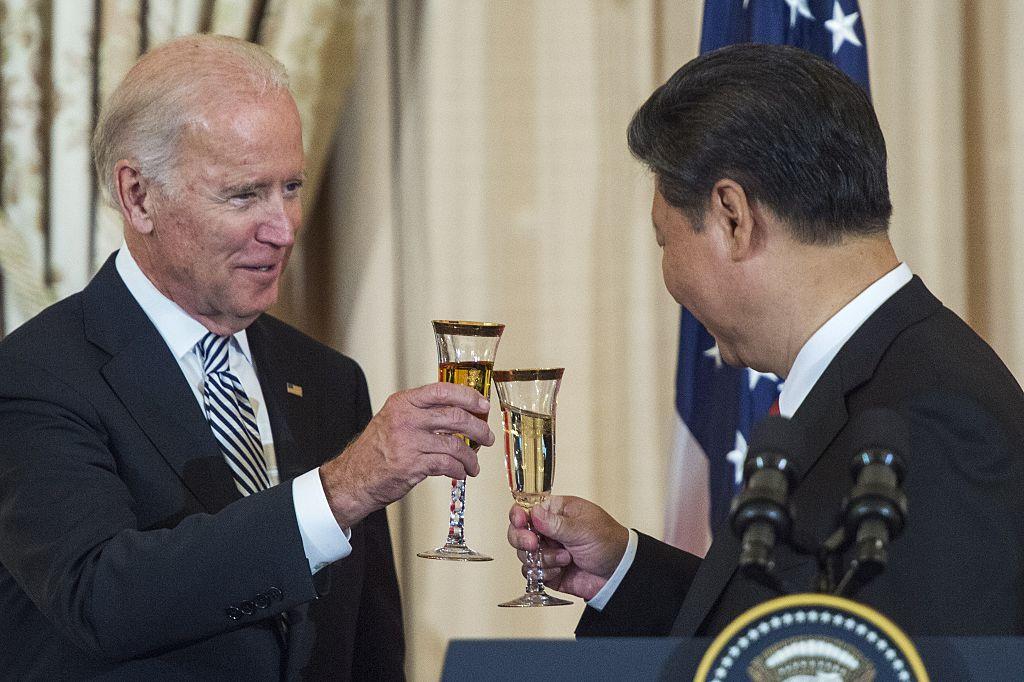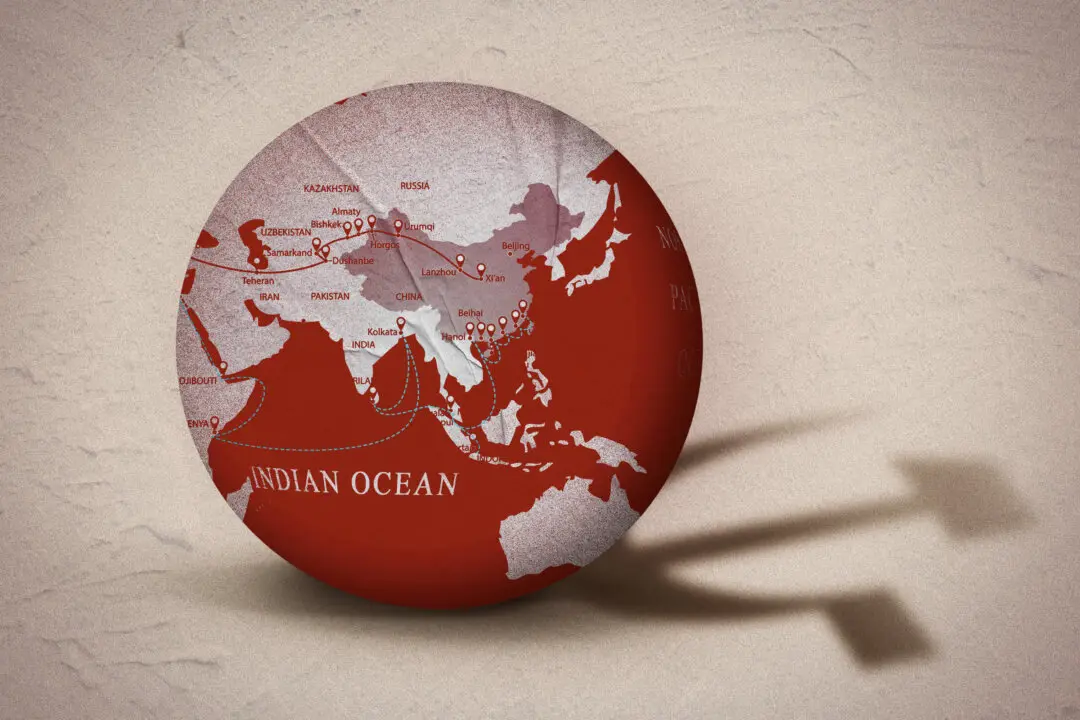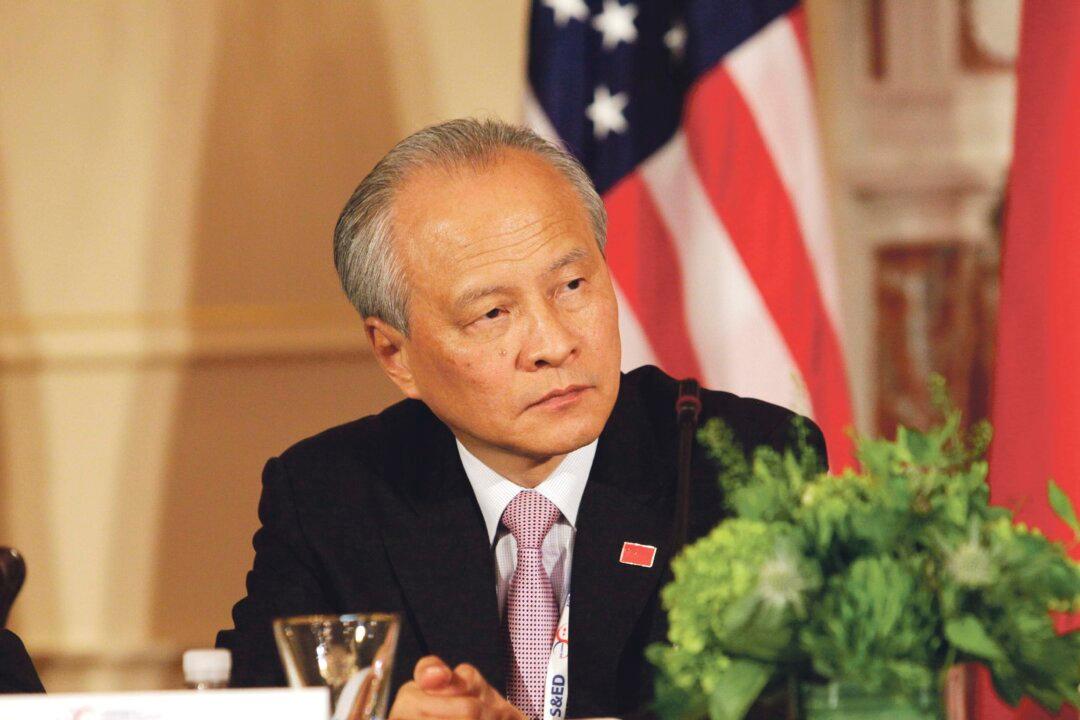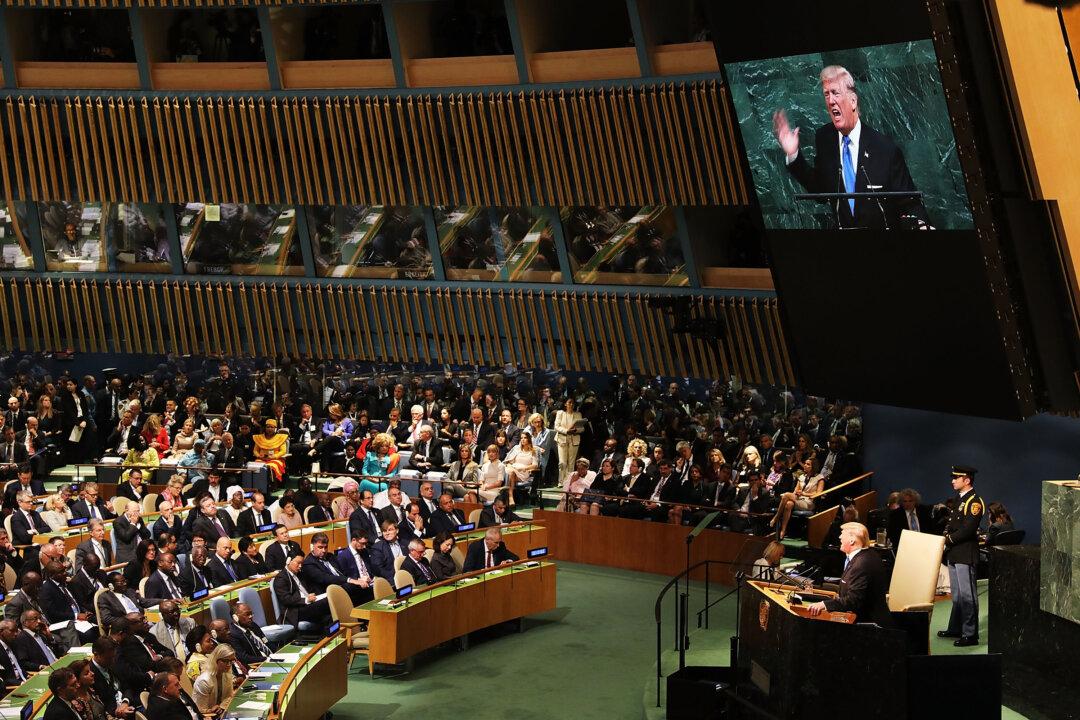Commentary
The Biden administration recently stated that there’s no hurry to engage with China and dialogue with allies and partners comes first. This is quite strange, because the U.S.-China relationship is undoubtedly the most important bilateral relationship in the world, involving the security, peace and stability of the United States, China, and the world on all levels–militarily, politically, economically, and technologically.





